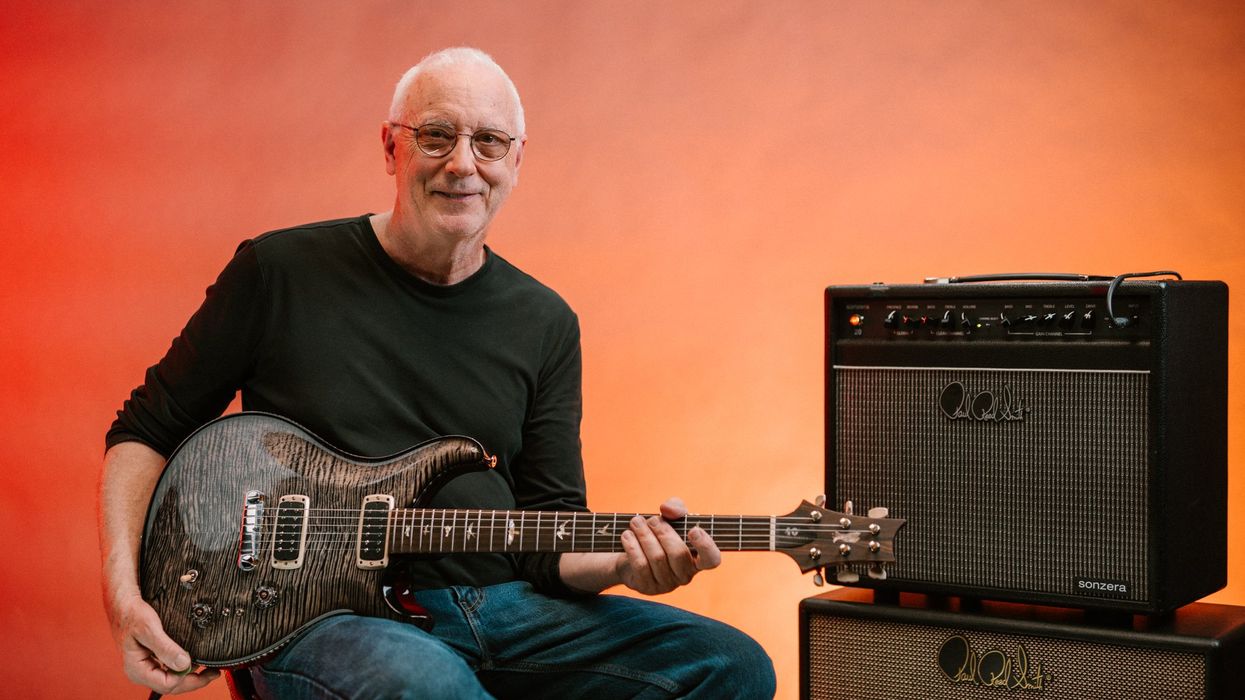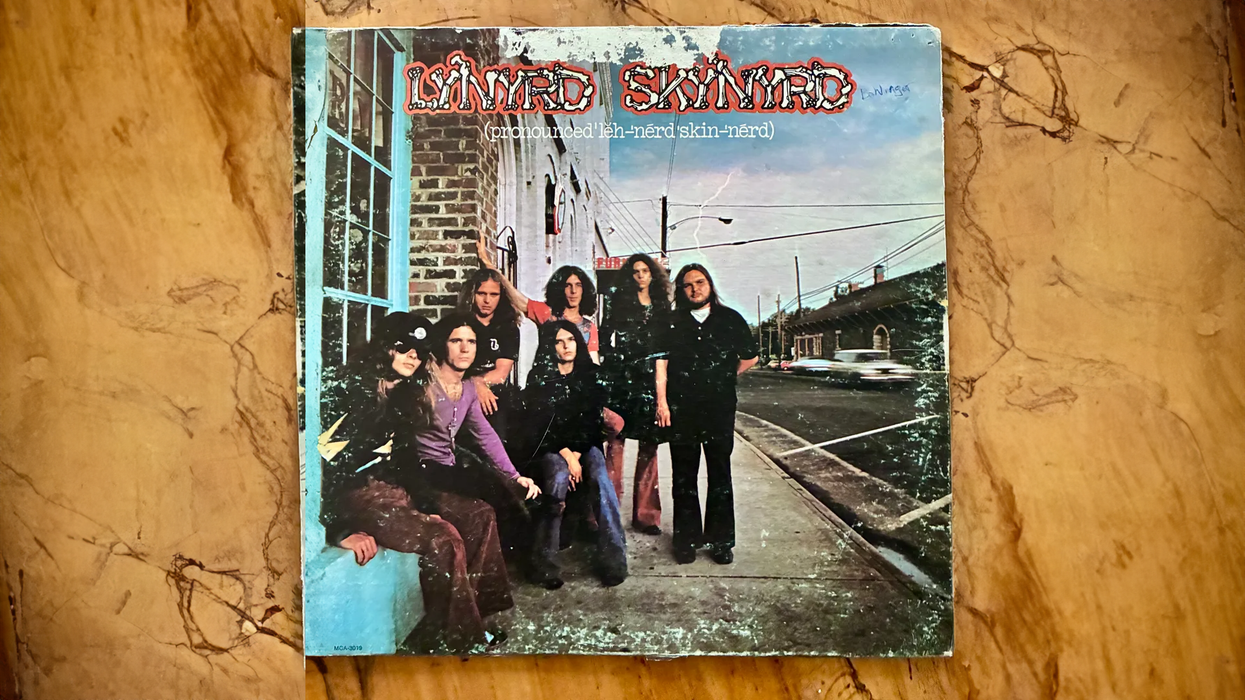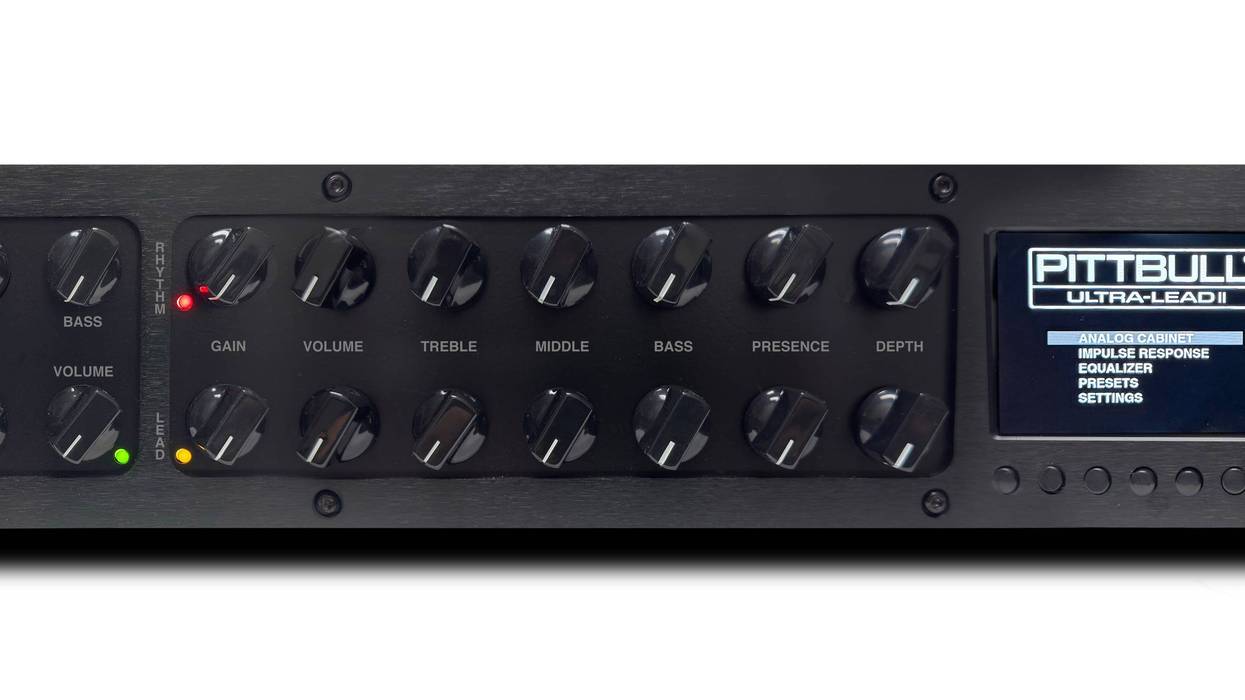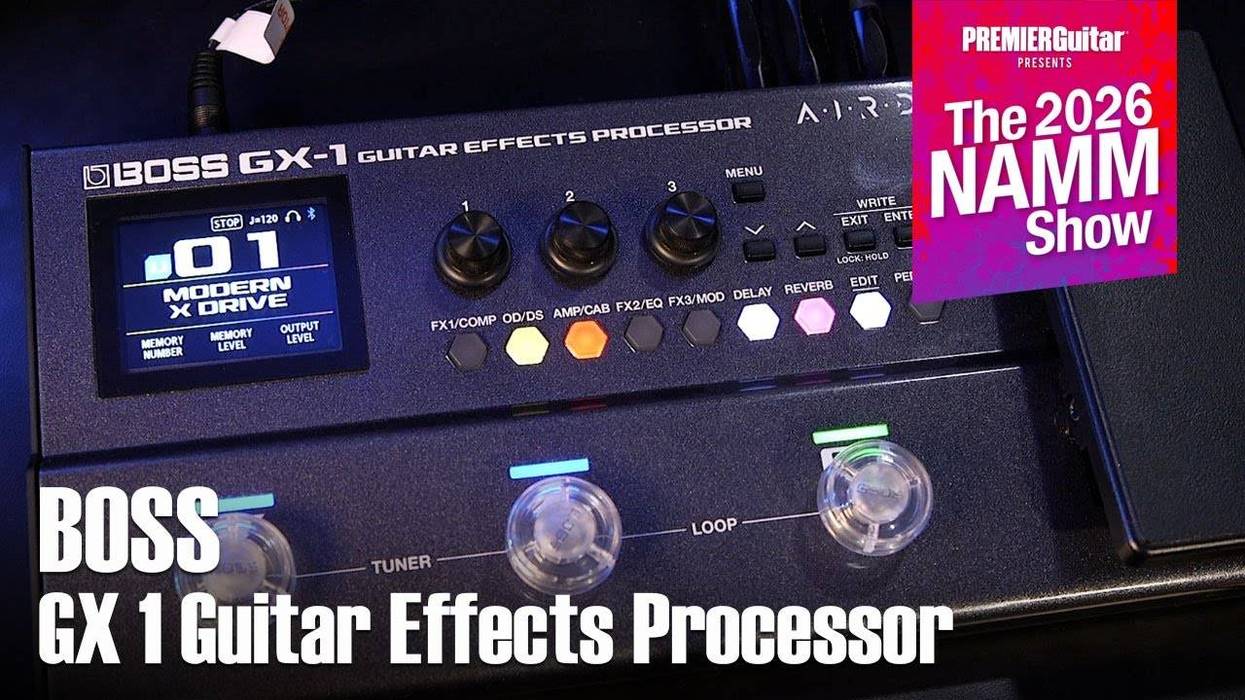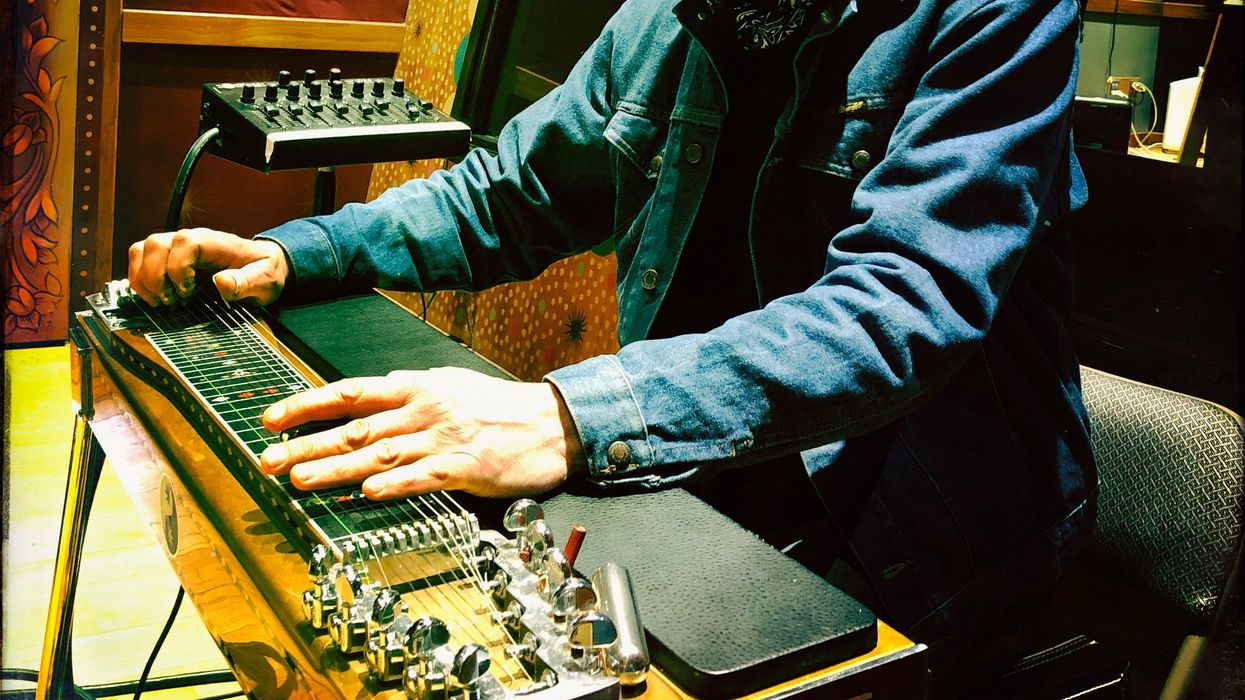We live on the frontier of a sci-fi future, so I assume you’ve all heard of the Turing Test, which evaluates a machine's ability to exhibit behavior indistinguishable from that of a human. If the AI can consistently fool humans into believing it’s human, it passes the test. The T Test has worked its way into hundreds of books and movies over the past 30 years, but did any of us imagine that we would be conducting our own private Turing Test every time we called customer service? A lot of personal research has shown that AI can be just as ineffective as any human when it comes to customer services, so I guess it’s passing the test.
Now, I’m sure you’re wondering at this point: What does all this have to do with guitars and music? I’ve played three sessions of late where the “songwriter” brought in AI demos they wanted to record with a full band and human vocals. All of these songs did pass the T Test in that they were just as cliché and empty as any not-particularly-imaginative amateur songwriter. Don’t get me wrong—for songs that were cobbled together in seconds, borrowing parts of melodies, rhymes, rhythms, and themes from every song ever recorded, they were perfectly mediocre. But why would anybody want to record another D-level song devoid of a single original thought? I guess because they think it might advance their career. But one more lackluster drop in an ocean 95-percent full of mediocrity is not helping anyone.
That said, this process is going to improve. You know how you can have a secret desire for something, like a new pair of shoes or an Epiphone Sheraton, and keep this secret desire in the depths of your heart, telling no one—and yet, those shoes and/or Epiphone Sheraton somehow become ubiquitous in pop-up ads when you open your computer? There are times AI really does seem to be reading my mind—or at least my email, texts, and searches—and then feeds this into the algorithm to give me its version of what I think I want. It also can do that in songwriting. AI can gather data from all of the artists out there pouring their thoughts into songs, poems, books, and movies, and then rearrange them into songs that attempt to express the depths of human emotion. And in fact, I have heard AI create songs that are profoundly poignant.
I’d bet most successful or aspiring songwriters under the age of 60 have tried feeding a few commands into Suno, Udio, or Soundraw, and found a chord change, a line, or part of a melody that could be worked into a composition. Or maybe the AI version just needs a few tweaks. This is applying the “work smarter, not harder” creed, which used to be good advice, but I’m not sure it is anymore, now that working hard is so easy to avoid. For instance, I was a dyslexic kid (I suppose I still am), and had a very difficult time learning to read, but as there was no other option, I had to slog through it and put in the extra work to get up to speed. My 8-year-old daughter faces the same challenge, so we read together slowly most nights, making a little bit of progress each time that will hopefully grow like compound interest.
Of course, she hates it just like I did—but we power through. The challenge for her generation, though, is that anyone can now push a mic button on a phone, speak their thoughts, and have the phone instantly read them back. It’s an easy hack to avoid the hard work of reading and writing, and that’s why I think illiteracy will rise in developed nations.
“Wrestling with your deepest heartache or happiness and writing songs about it is good for the soul.”
So what does this have to do with guitars? Simple: you get out of life what you put into it. Doing something hard is good for you. Wrestling with your deepest heartache or happiness and writing songs about it is good for the soul. Explore what’s torturing you. As Pete Townsend wrote in his song “A Guitar and a Pen”:
“When you take up a pencil and sharpen it up / When you’re kicking the fence and still nothing will budge / When the words are immobile until you sit down / Never feel they’re worth keeping, they’re not easily found / Then you know in some strange, unexplainable way / You must really have something / Jumping, thumping, fighting, hiding away / Important to say.”
“When you sing through the verse and you end in a scream / And you swear and you curse cause the rhyming ain’t clean / But it suddenly comes after years of delay / You pick up your guitar, you can suddenly play.”
P.S. When I was writing the column What Will the Gibson Les Paul Standard 100th Anniversary Model Look Like?, I asked Grok/X what the LP will look like in 100 years. The answer? That most musicians will work in the digital realm, simply telling AI something like, “Give me a solo that sounds like Van Halen in 1978.” Honestly, we’re basically already there. But who cares—I’m taking the Nero approach, gleefully playing my guit-fiddle while Rome burns.
P.P.S. For this column’s art, I asked Perplexity.ai to make a cartoon of a guy happily playing guitar during the apocalypse. The first attempt wasn’t great, so I fed it an R. Crumb sample and said, “Do it like this.” AI nailed it.




